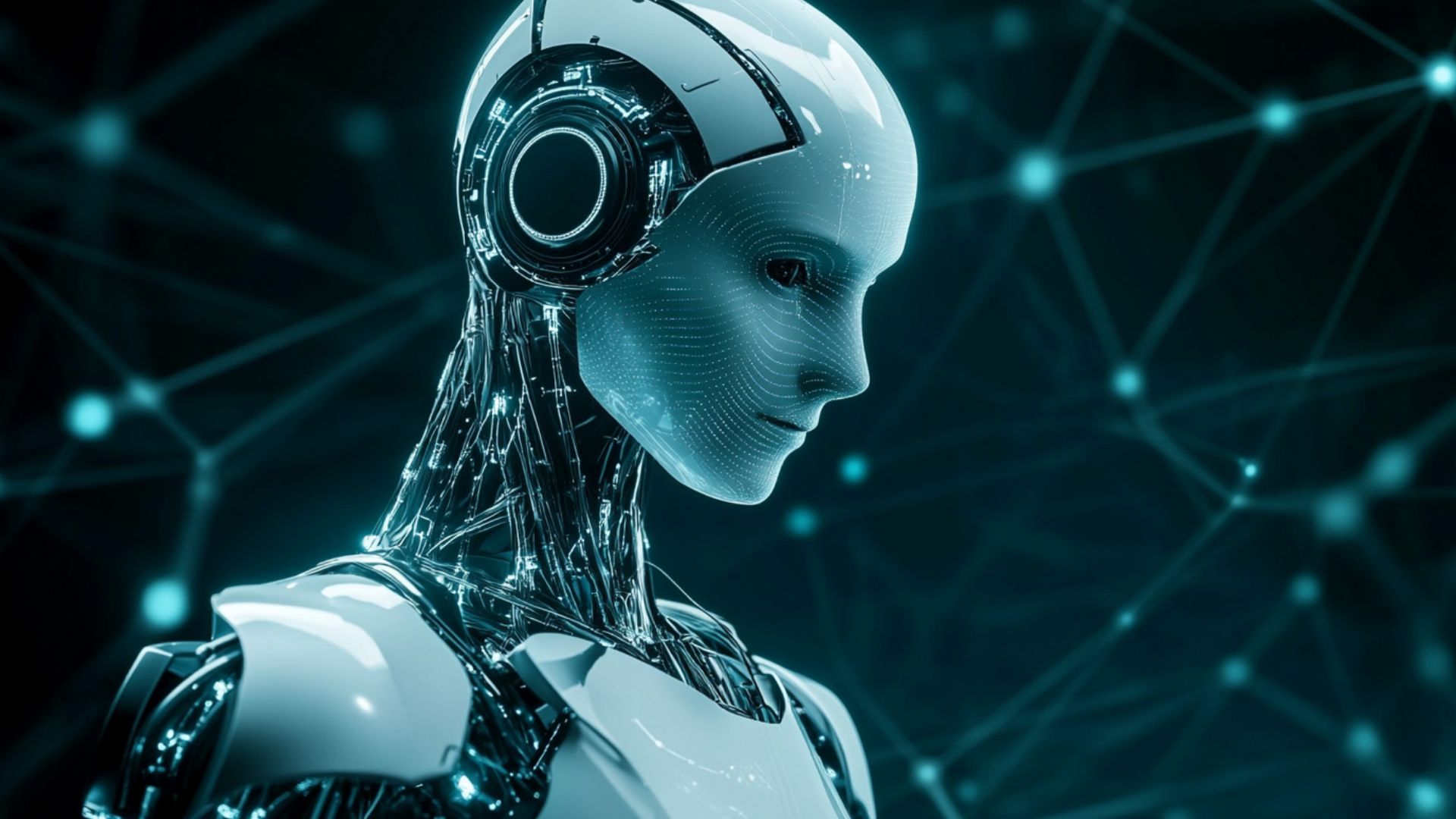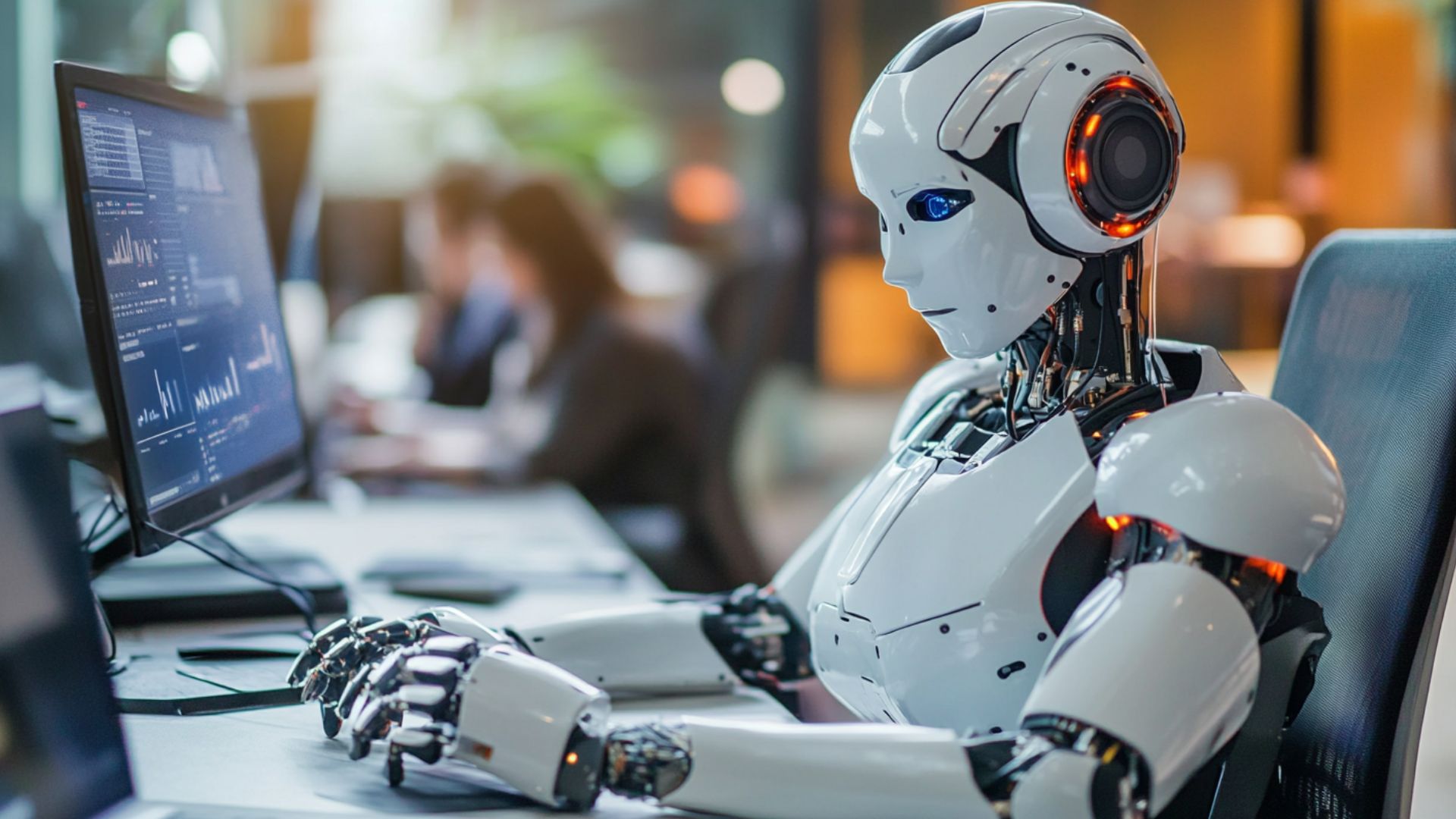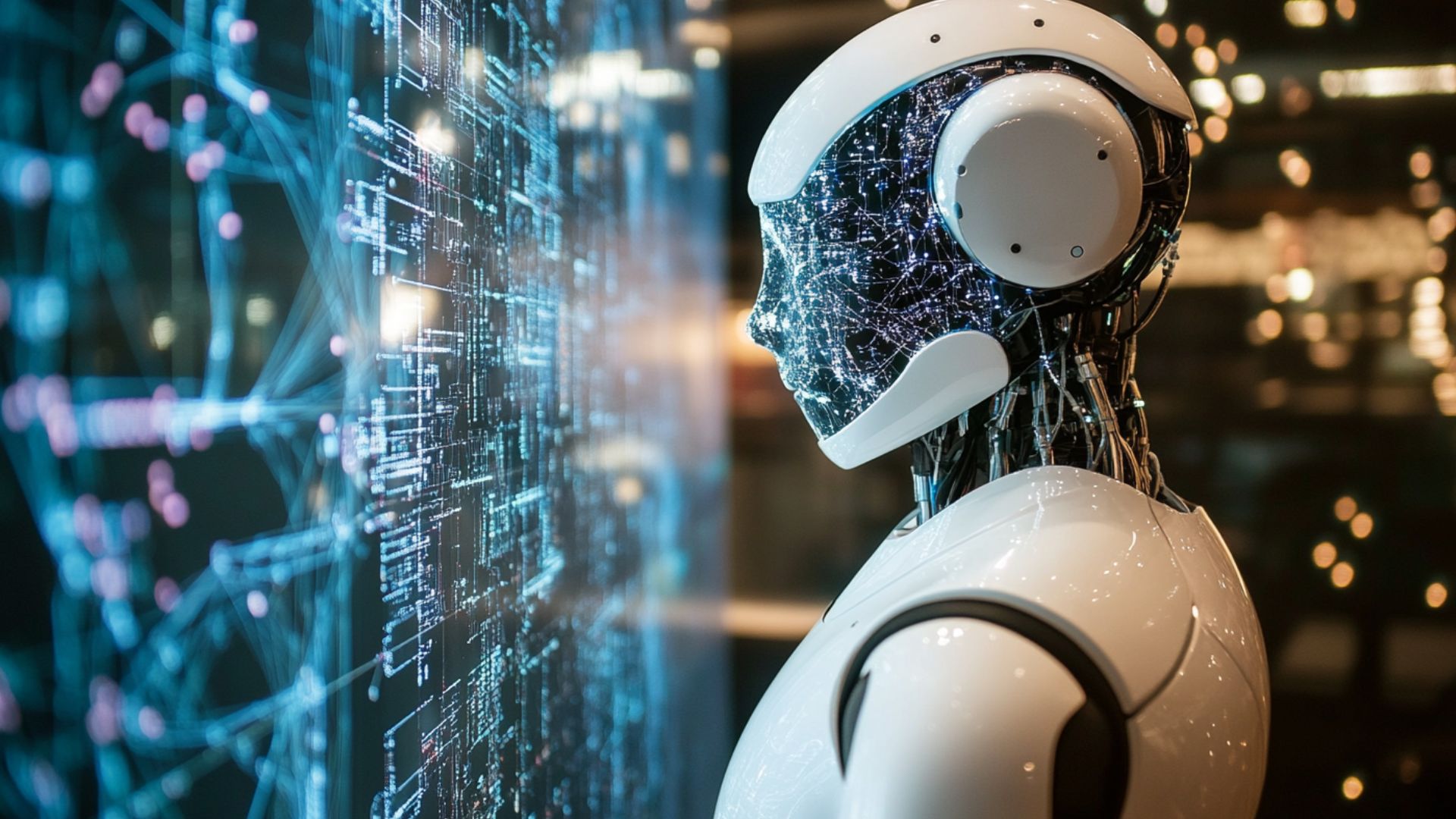Winning Back Time: The Role of AI in Enhancing Time Management

Now is an era defined by the rapid pace of technological advancements. And time management has taken center stage for personal and professional success.
The modern workplace is full of tasks, responsibilities, and digital distractions. It demands a strategic approach to planning time effectively.
Amid this complexity, AI emerges as a beacon of hope. It reshapes the landscape of time planning. And it offers innovative solutions to age-old challenges.
Setting Time Management Goals in the AI Era
Integrating AI introduces a new dimension to the "Time Planning Goals." Traditionally, individuals would manually set objectives and deadlines. They're based on their understanding of the tasks at hand. With AI, this process becomes more sophisticated. It leverages data analytics and machine learning algorithms to assist in setting goals. Those are not only realistic and achievable but also measurable.
AI's ability to analyze extensive datasets allows it to understand:
- Historical trends.
- Patterns in how time is spent on various tasks.
This analytical prowess empowers individuals to set time management goals tailored to their unique circumstances. It takes into account past performance and external factors. The result is a more personalized and adaptive framework for time planning. It enhances the likelihood of achieving set objectives.
Moreover, AI introduces an element of dynamism into goal-setting. It continually assesses progress. This provides real-time feedback and suggests adjustments based on evolving circumstances. This iterative approach ensures time planning goals remain relevant and aligned with individuals.
AI Time Management: A New Approach to Efficiency
The concept of "AI Time Planning" transcends the idea of AI as a mere tool. It positions AI as a strategic partner in the pursuit of efficiency. Through machine learning algorithms, AI assists in scheduling tasks based on:
- Priority.
- Historical time spent.
- Deadlines.
This intelligent task allocation ensures critical activities receive the attention they deserve. It contributes significantly to increased productivity.
Besides task scheduling, AI is pivotal in identifying and minimizing time spent on low-value activities. Repetitive and mundane tasks that were once time-consuming can now be automated. It liberates valuable time for more complex and creative endeavors. This shift from manual to automated tasks not only enhances efficiency. But it also allows us to leverage unique skills and talents in more meaningful ways. It fosters innovation and job satisfaction.
AI Productivity Tools: Maximizing Every Minute

The contemporary workplace is witnessing a revolution. An array of AI productivity tools drives it. These tools go beyond basic automation. They provide insightful data analytics and contribute to informed decision-making.
AI-driven project planning tools, for instance, not only automate task assignment. But they also offer real-time analytics on project progress, resource allocation, and bottlenecks.
Collaborative platforms infused with AI capabilities ease seamless communication and information sharing among team members regardless of geographical location. This not only saves time previously spent on coordination. But it also fosters a more dynamic and responsive work environment. The result is an environment where every minute is maximized. And teams can achieve their objectives with greater precision and speed.
AI-driven analytics tools provide a deeper understanding of individual and team productivity patterns. Analyzing these patterns helps to make informed decisions about:
- Resource allocation.
- Training initiatives.
- Process improvements.
The insights derived from AI tools empower us to optimize our workflows continuously.
Addressing Poor Time Management with AI
One of the issues affecting productivity in the workplace is poor time planning. Recognizing and rectifying these issues is where AI demonstrates its value. By analyzing patterns in individual workflows, AI solutions can pinpoint time-wasting habits. And they can provide personalized strategies to overcome them.
For example, an individual may spend excessive time on non-essential emails or meetings. Then, AI can suggest alternative communication methods or help streamline the meeting process. These interventions not only address immediate inefficiencies. But they also contribute to long-term improvements in time planning habits. It reduces poor time management and fosters a more productive work environment.
AI's ability to offer personalized recommendations. They're based on individual work habits. Recommendation ensures interventions are tailored to each person's unique challenges. This targeted approach increases the likelihood of behavioral change. It helps individuals develop sustainable and effective time planning practices.
Optimize Time at Work with AI Solutions

To optimize time at work, individuals must embrace AI solutions as integral components of their daily routines. This involves not only leveraging existing AI tools. But they must also adopt a mindset that aligns with efficient time planning.
Practical tips and strategies abound for incorporating AI into daily work schedules. Start by identifying repetitive tasks that can be automated. And free up time for more value-added activities. Embrace AI-driven project planning tools to enhance collaboration and streamline workflows. Regularly analyze the data provided by AI tools to identify areas for improvement. And refine time planning strategies accordingly.
Also, cultivate a proactive approach to adopting emerging AI technologies. It ensures that individuals stay ahead of the curve. Attend workshops, explore new AI productivity tools, and stay informed about the developments. A continuous commitment to integrating AI into daily work routines will result in an ongoing optimized time work.
Embracing a Collaborative Future with AI
The role of AI transcends individual time planning. It evolves into a catalyst for collaborative success. We navigate the complexities of the digital age. And AI stands as a beacon of hope. It's not just for personal productivity. But it's for fostering a culture of teamwork and innovation. Let's delve into the ways AI contributes to and shapes this collaborative future:
- Breaking Geographical Barriers. AI-powered collaborative tools bridge the geographical gaps that often hinder effective teamwork. Virtual meetings, shared platforms, and collaborative spaces facilitated by AI create a cohesive environment where team members can interact in real-time, regardless of their physical locations.
- Streamlining Communication. Effective communication is the cornerstone of time management and AI tools enhance communication channels. It's done by providing instant messaging, video conferencing, and collaborative document editing. This streamlining of communication ensures that information flows seamlessly. It fosters a more connected and engaged team.
- Efficient Information Sharing. Collaboration thrives on the timely exchange of information. AI-driven platforms ease efficient information sharing by centralizing data, documents, and project updates. This accessibility ensures that team members are well-informed. It leads to quicker decision-making and problem-solving.
- Enhanced Workflow Integration. AI seamlessly integrates into existing workflows, enhancing collaboration without disrupting established processes. From project planning to collaborative document editing, AI provides a layer of efficiency. It complements the natural flow of work and optimizes time work. It ensures a smooth transition into a more collaborative future.
- Predictive Insights for Collaboration. AI's predictive analytics offer insights into team dynamics. It predicts potential challenges and suggests proactive measures for improvement. By understanding collaboration patterns, teams can adapt and evolve. It creates an environment that is not only productive. But it's also agile in response to changing needs.
Conclusion
As we embrace the era of AI-driven time planning, it's essential to view these technologies not as mere tools but as strategic partners in the quest for optimal productivity. AI introduces a transformative shift in the way individuals approach their work. It offers innovative solutions to age-old challenges.
From setting realistic goals to automating routine tasks, AI productivity tools contribute to increased efficiency. It reduces stress and enhances productivity. Align personal and professional goals with the capabilities of AI. Then, you can win back time and pave the way for more successful and fulfilling work.
We navigate the complexities of the digital age. And AI stands as a beacon of hope. It empowers individuals to master the art of time planning. And they can achieve their full potential.


